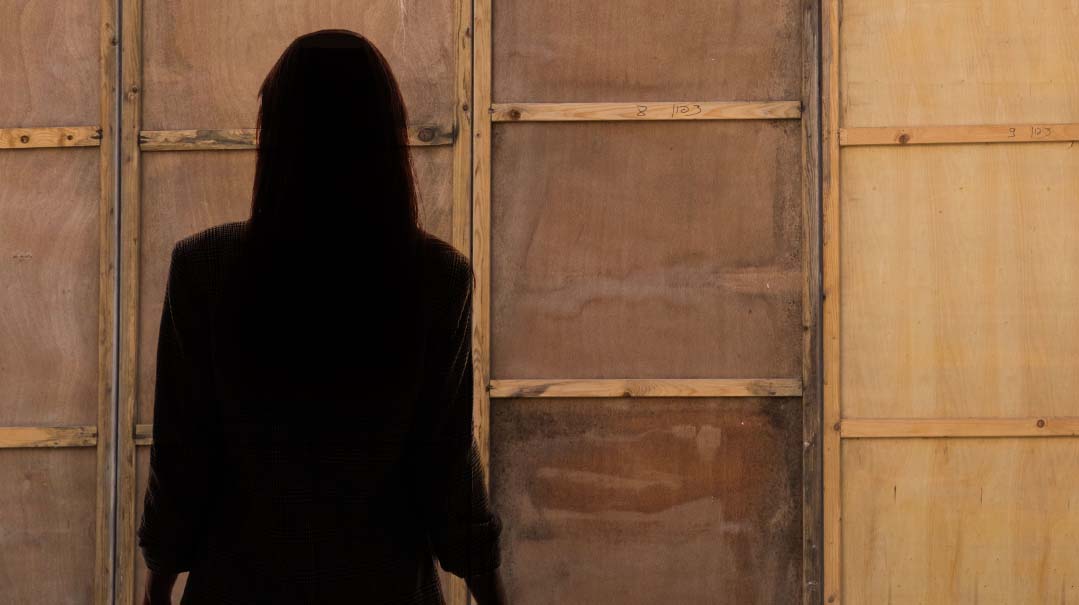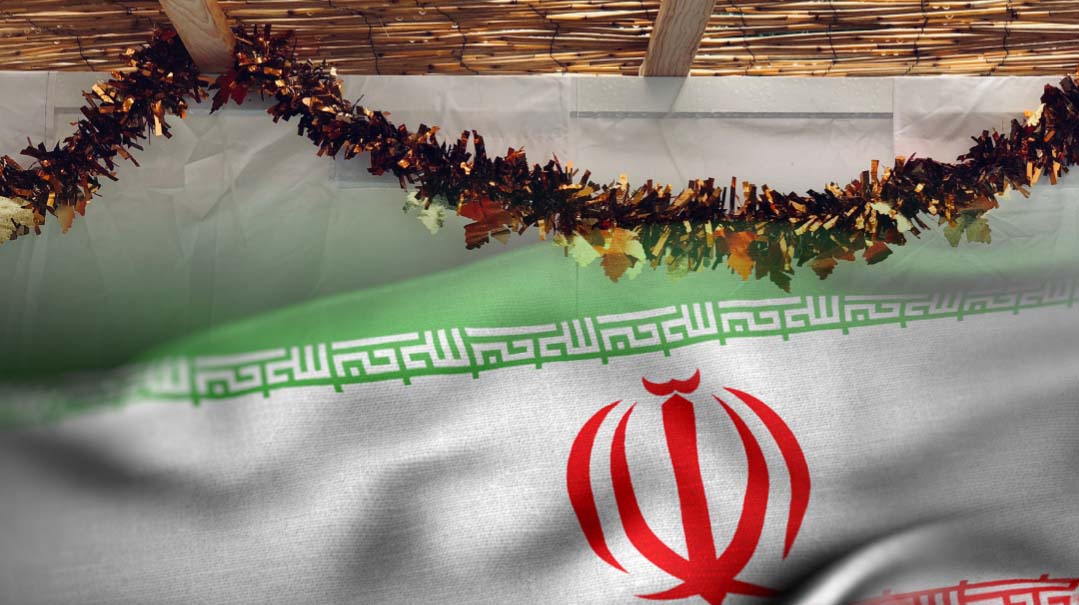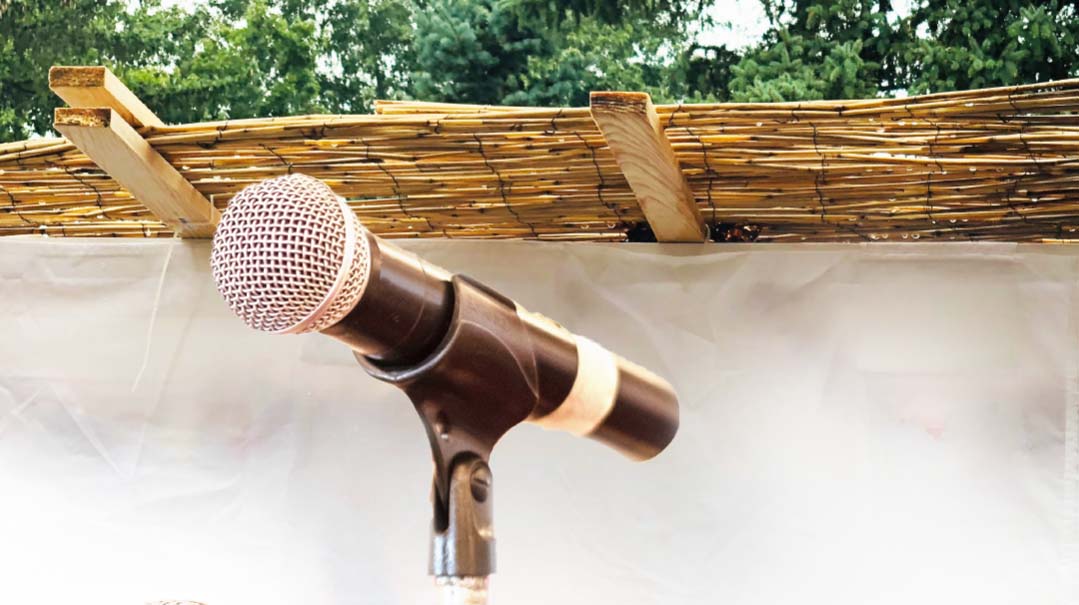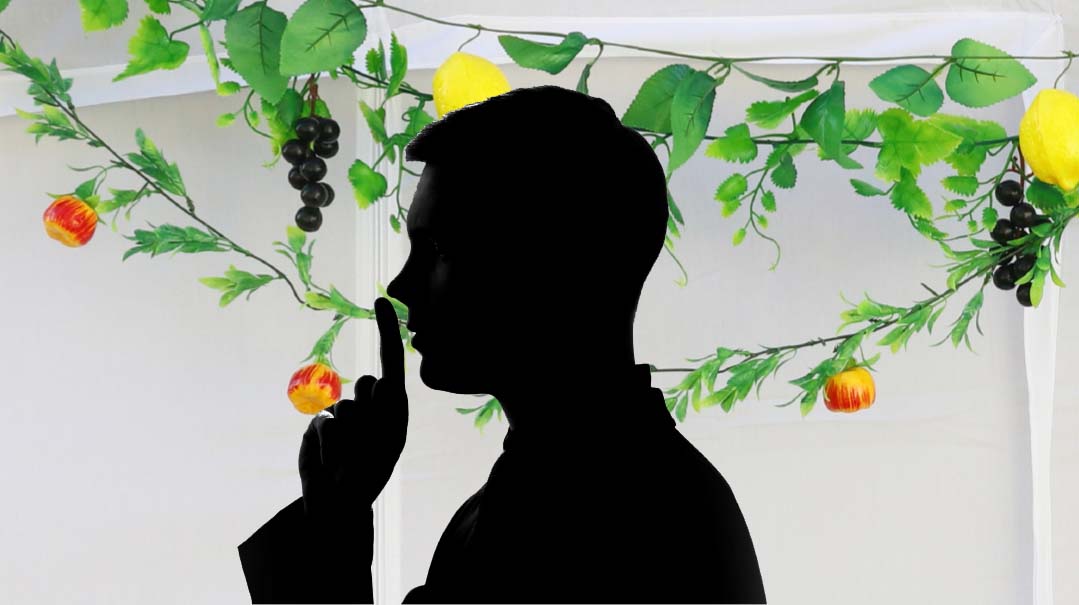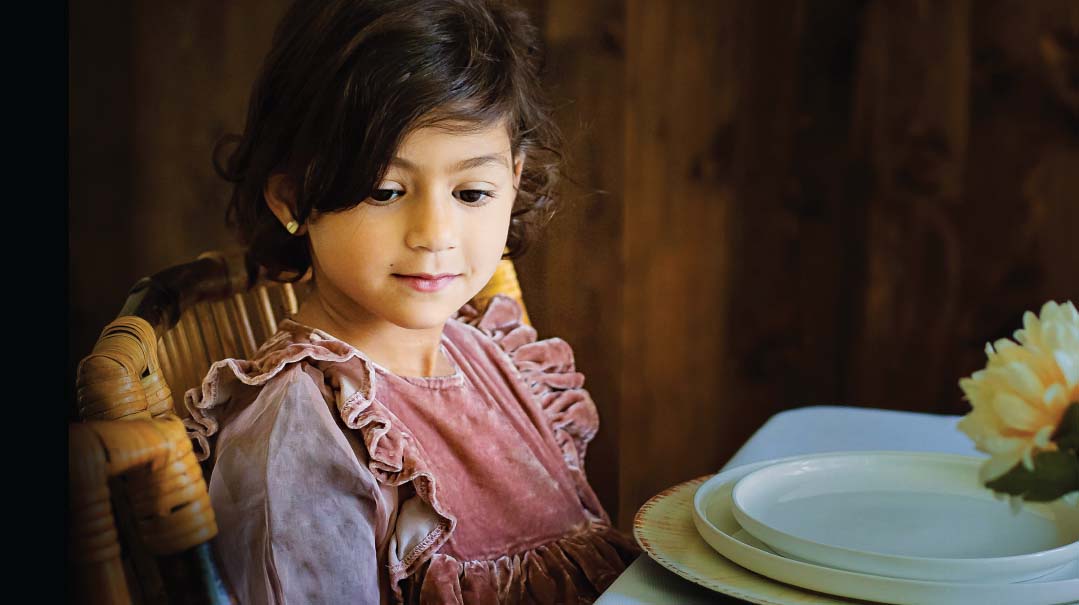The Real Deal

I would have been incredibly touched by her understanding… had I not felt thoroughly misunderstood
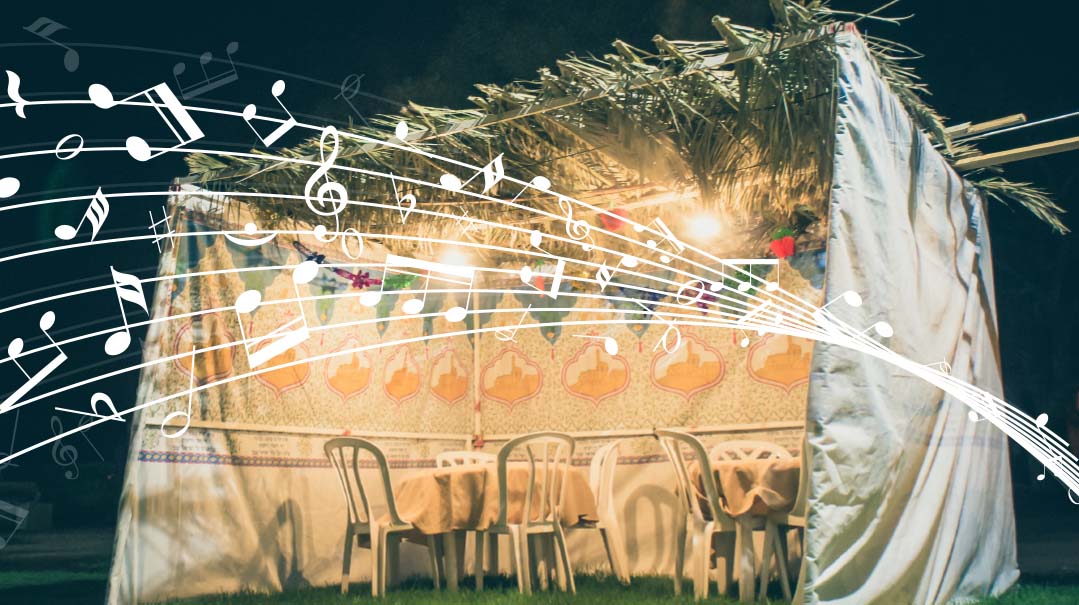
Me? You want me to lead the group?
I’m fairly certain those were my first thoughts when Malka, the head coordinator of JEP, reached out to me. We shared family friends, and she knew of me; now she wanted to know if I’d be interested in organizing the weekly study sessions.
It would be my responsibility to match up the high-school-aged tutors with the secular students coming to the program. I’d be doing follow-up, ensuring the pairs were working out to everyone’s satisfaction. I’d be required to take attendance each week, work out any last-minute hitches, and circle between pairs on the ground.
For a responsible 15-year-old, the tasks seemed more than manageable.
It was the kiruv part of it that had me hesitant, skeptical if I was the right one for the job.
At that point in my life, I was doing the typical Modern-Orthodox high school circuit. What did I know about teaching Judaism? Sure, I’d gone through day school, I knew how to read a (basic) pasuk… But what if they asked me more?
What about halachah? Hashkafah? (Did I even know what that word meant?) How was I supposed to give over information to the tutors, when I myself had no idea what the difference was between Simchas Torah and Shavuos? (True story. Thank G-d I discovered Rabbi Eliyahu Kitov’s The Book of Our Heritage; it was my constant companion that year.)
Why I was tapped is beyond me. Perhaps it was desperation, and Malka knew that at least the technicalities would be taken care of. Perhaps she didn’t really know me all that well at all, and assumed I was an overall good kid with decent hashkafos. Or perhaps she saw something latent there, that, with a bit of prodding, with a little responsibility, could blossom into something more.
Honestly, the only reason I said yes was because I needed to fulfill my “chesed hours” for school, and this opportunity literally fell into my lap.
It’s well over 15 years later, yet I vividly remember laying out my clothing the night before the “Big Event,” the first day meeting the JEP kids: a button-down shirt with a light green sweater complete with a pleated skirt. (Which may or may not have covered my knee… but it was pleated! Totally screams Bais Yaakov, I knew!) Nude tights, check. Staid flats, check.
In the morning I gave myself a look in the mirror, thinking: I totally got this. I even clipped my hair back into a banana clip (remember those?), a style I noticed was worn by the frum girls in my neighborhood, which I’d gone out specially to purchase.
That Tuesday night went off without a hitch, and I fell comfortably into my routine. During the week, I wore my jean skirts and short sleeves; Tuesdays were my “JEP days,” and with it came my uniform of tzniyus skirts and Target sweaters (another ubiquitous item I noticed worn by the “other side”).
I didn’t really think much about my uniform, certainly didn’t see any contradiction in my actions. Instead, I realized that although I felt somewhat ignorant in my breadth and depth of Torah knowledge, comparatively, there was more than a fair amount I could teach the students. If I noticed a niggling sense of hypocrisy, I consoled myself with the fact that I was certainly frummer than these secular kids; if I gained extra credibility because of my dress, more power to me.
My “aha” moment came the night I was busy reaching out to participants in the program, inviting them to an upcoming shabbaton. The list included “cold calls” to gauge interest in attendance, so I was gratified when I reached a former student I had a connection with. As soon as Jessie heard who it was, she nearly yelled, “Oh, sorry!” and muffled the phone. I was confused until I noticed the background music had abruptly stopped playing.
“I’m so sorry,” Jessie said, resuming the conversation, “that probably wasn’t music you’d want to hear, so I shut it off. What’s up?”
It was sensitive and thoughtful, and I would have been incredibly touched by her understanding… had I not felt thoroughly misunderstood. For that very same CD had been blasting through my room only moments before I began my calls, inappropriate lyrics and all. For the remainder of the conversation, I was sucked into a whirl of internal confusion.
I felt called out in my act of a double life. I was honest enough to know that that music wasn’t exactly Jewish music at its finest, and I also knew I had to be a good role model. If I turned it off before I started the calls, then clearly it didn’t align with the message I was hoping to send. And if that was the case… what kind of role model was I if I was busy listening to it behind closed doors?
“Umitalmidei yoter mikulam.” Jessie saw me through a certain lens and held me up to certain standards. I was flattered — and embarrassed. Because Jessie was right: If this was how I was going to present myself, present Judaism, that type of music should offend me.
That was the last time I listened to that CD, and in its stead, I discovered the pleasure of living authentically and with emes.
(Originally featured in Family First, Issue 760)
Oops! We could not locate your form.

